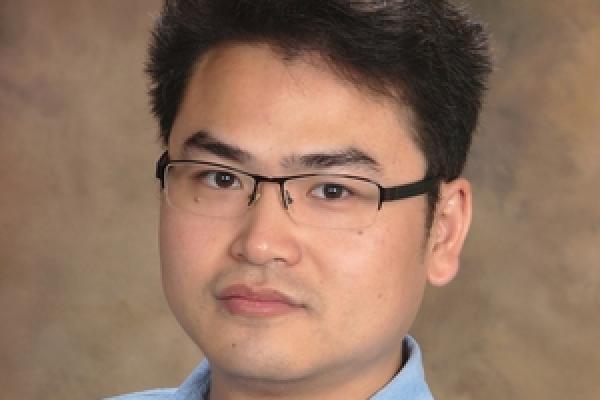
Ab initio nuclear structure calculations that compute nuclear static properties based on underlying NN interactions and three-nucleon forces have now progressed to studying medium-mass nuclei. However, first-principle calculations for nuclear scattering/reactions are still limited to light systems. A method suitable for heavier nuclei would be very valuable in studying scattering/reactions with astrophysical relevance and for the success of the coming FRIB program that will focus on unstable nuclei near drip lines.
In this talk, I will present my recent development of such a method. It generalizes the so-called Luscher method, used in Lattice QCD for computing hadronic scattering, to compute nuclear scattering. The key idea is a computational experiment: realizing the trapping of nucleus-nucleus or nucleus-nucleon systems in harmonic potential well within the ab initio spectrum calculations, and then extracting scattering information from the output. I will discuss the formalism and report encouraging results from my collaboration with ab initio groups on computing neutron--alpha and neutron--Oxygen-24 scattering phase shifts. I will also discuss how the R-matrix/optical-potential models might be used in our data analysis, and the generalization of this method to the case of inelastic reactions.
